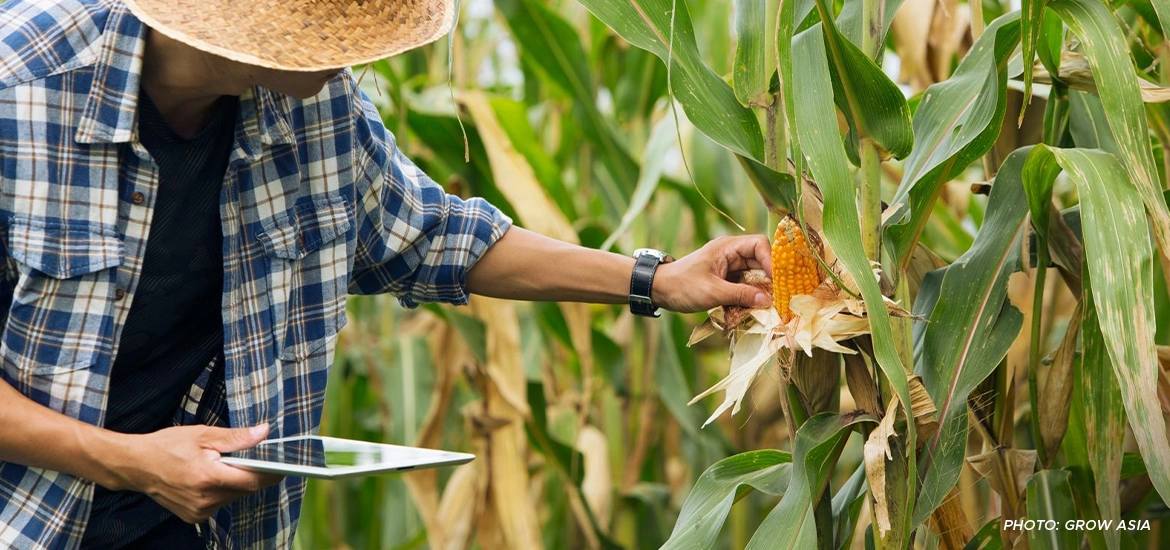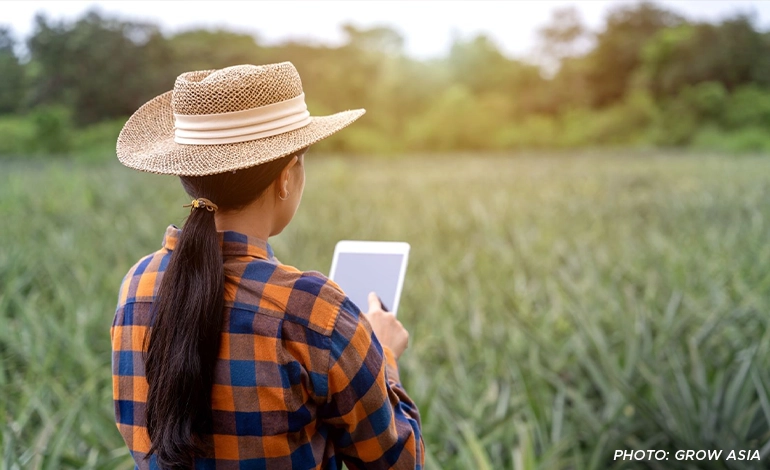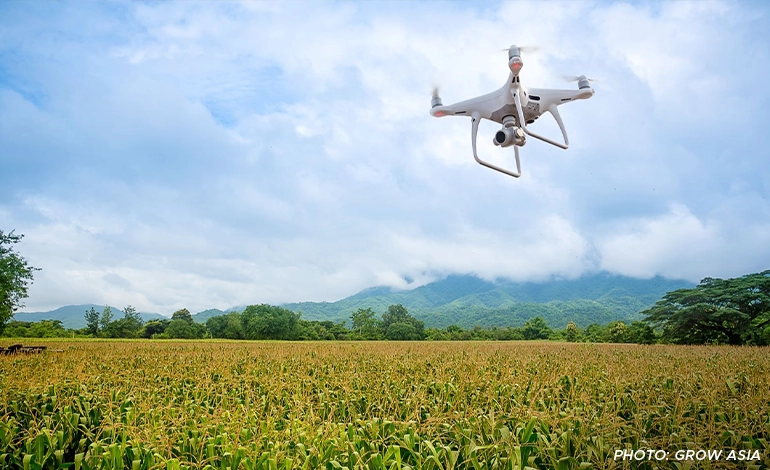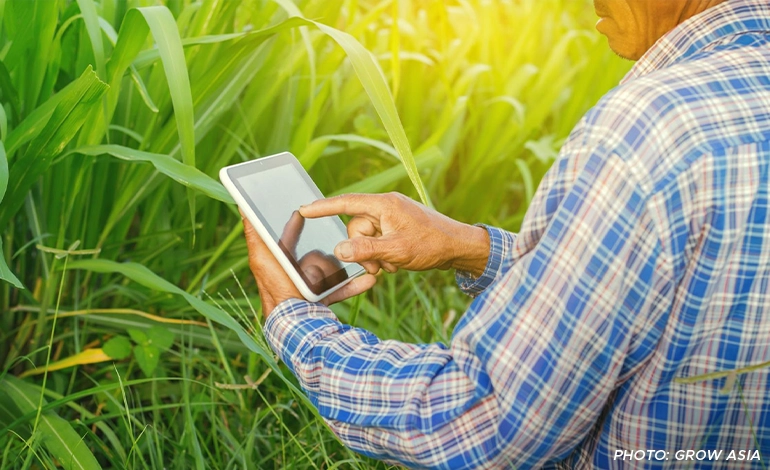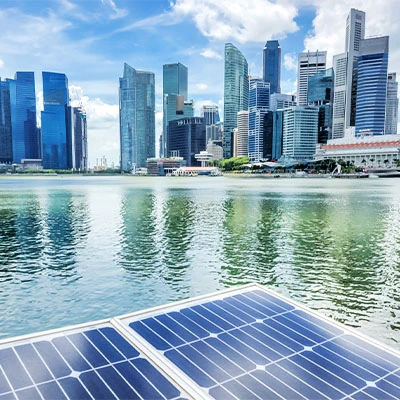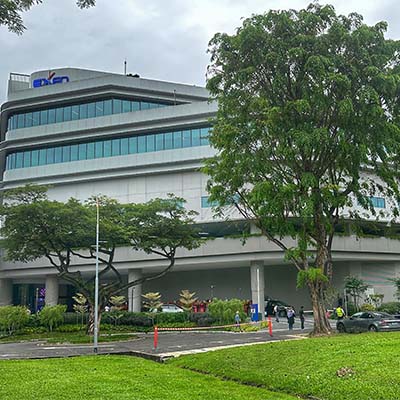Grow Asia’s 10 years of scaling sustainable agriculture from Singapore
This year, Grow Asia celebrates its 10th anniversary — a milestone that not only marks a decade of impact for Asia’s agri-food sector but also showcases Singapore’s pivotal role in making this possible.
The vision of Grow Asia was catalysed by the World Economic Forum in close collaboration with the ten nations of ASEAN. The decision to place Grow Asia’s Secretariat in Singapore was made in 2015 with early support and encouragement from the Chairman of the Singapore Economic Development Board (EDB).
Since then, Grow Asia has evolved into a trusted regional platform that convenes more than seven hundred diverse partners, spanning multinational companies, investors, and agri-food innovators, who are united by their belief in advancing more sustainable, and resilient food systems across Southeast Asia and beyond.
The story of Grow Asia was conceived at a time when Singapore was quietly positioning itself as a regional hub, where global businesses and partners could come together to address common challenges and regional opportunities.
Singapore as a hub where business and partnerships thrive
Singapore’s unique position as an attractive business hub has been central to Grow Asia’s success. Its world-class infrastructure, transparent governance, and pro-business environment have long attracted leading agri-food and finance firms to anchor their regional headquarters here. Companies such as Cargill, Visa, Bayer, Corteva and Olam Agri all call Singapore home.
Through Grow Asia, these companies have found a trusted ally that helps them navigate the complex landscape of agri-food policy, while forging impactful partnerships that allow them to align their commercial objectives with their broader commitments to driving sustainable impact across the three pillars of environmental, social, and governance outcomes.
In the last decade, Grow Asia’s role has evolved beyond that of a technical assistance provider, to a trusted facilitator of public-private investments and a strategic broker of uncommon partnerships.
As the only accredited entity of ASEAN that works with such a broad range of partners, Grow Asia has succeeded in bridging silos between the finance and agriculture sectors and is working with companies like Visa, Standard Chartered Bank, and MUFG to demystify the needs and risks of hundreds of millions of small-scale farm businesses, who are the engine of growth for ASEAN’s economic success.
